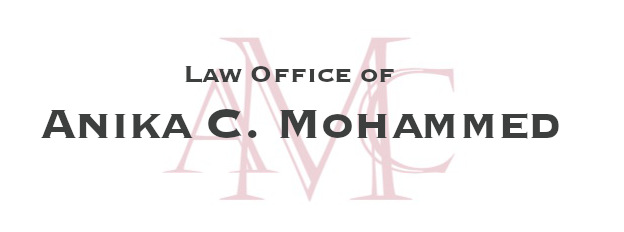DWI
DWI charges are complex and unique in how they are handled, as well as the fines, penalties, and punishments that accompany these charges. New York Vehicle and Traffic Law §1192 charges include infractions, misdemeanors, and felonies and can quickly become complicated by aggravating factors. Keep in mind that while your case is pending in a criminal court, there may be a separate DMV proceeding taking place. It is important to have representation throughout the entire process.
TYPES OF ALCOHOL AND DRUG RELATED OFFENSES IN NEW YORK STATE
VTL 1192-1: Driving While Ability Impaired By Alcohol (DWAI/Alcohol)
VTL 1192-2: Driving While Intoxicated (DWI) with a reading of .08 or more
VTL 1192-2a(a): Aggravated Driving While Intoxicated (DWI) with a reading of .18 or more
VTL 1192-2a(b): Driving While Intoxicated with a child 15 years or less in the vehicle/Leandra’s Law
VTL 1192-3: Driving While Intoxicated – Common Law
VTL 1192-4: Drive While Ability Impaired by Drugs (DWAI/Drugs)
VTL 1192-4a: Drive While Ability Impaired by Drugs and Alcohol (DWAI/Combination)
VTL 1192-a: Operating a motor vehicle after having consumed alcohol under the age of 21/Zero Tolerance Law
Are There Defenses?
Yes. Whether or not you have made statements, performed field sobriety tests, or even failed a breath or blood test, there may be defenses that can be raised to minimize the consequences of your arrest. For example:
- Did the police have a legal reason to pull you over? If the stop was illegal, all evidence gathered after the stop may not be admissible in court.
- Were there flaws in the field sobriety test? There are many reasons why you may fail a field sobriety test that have nothing to do with intoxication.
- Did the police follow proper procedures in administering the breath or blood test? If not, the results of those tests may not be admissible.
